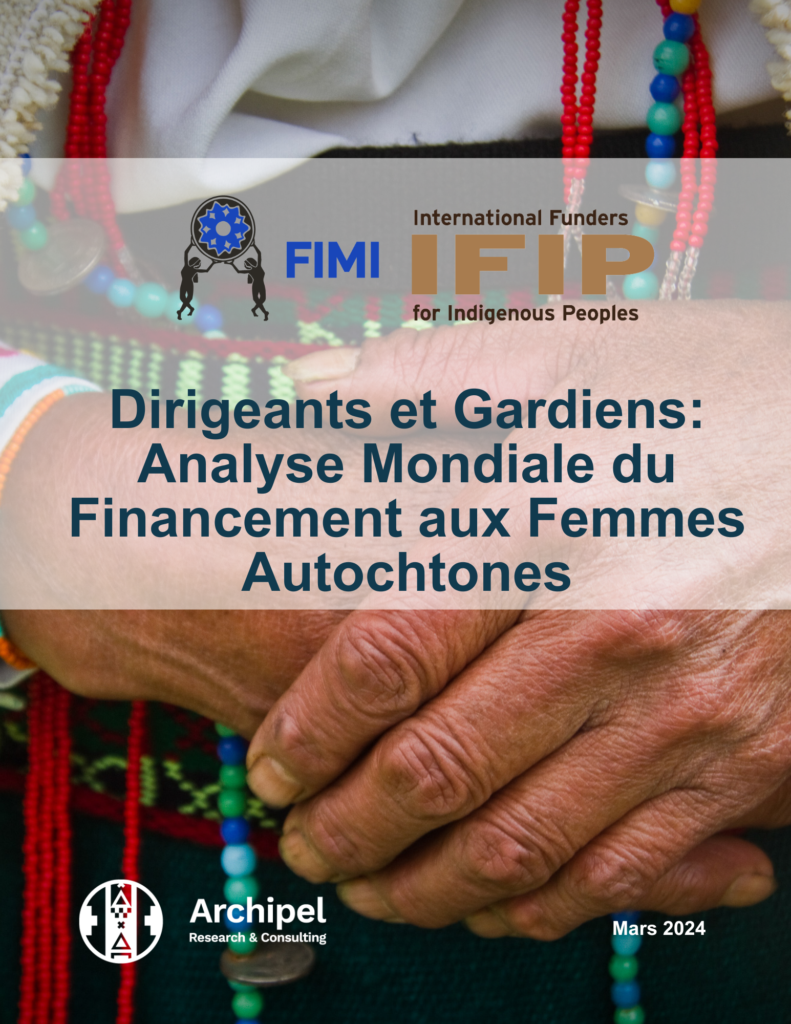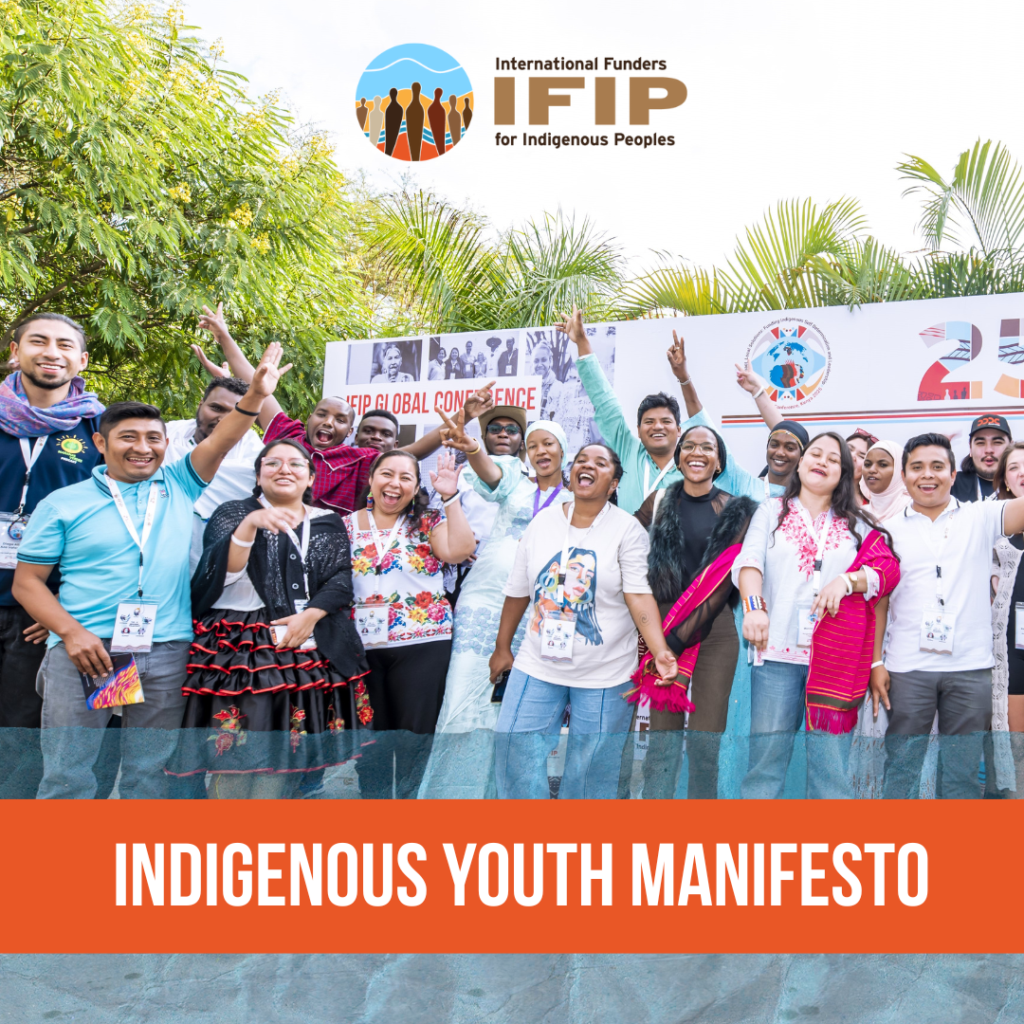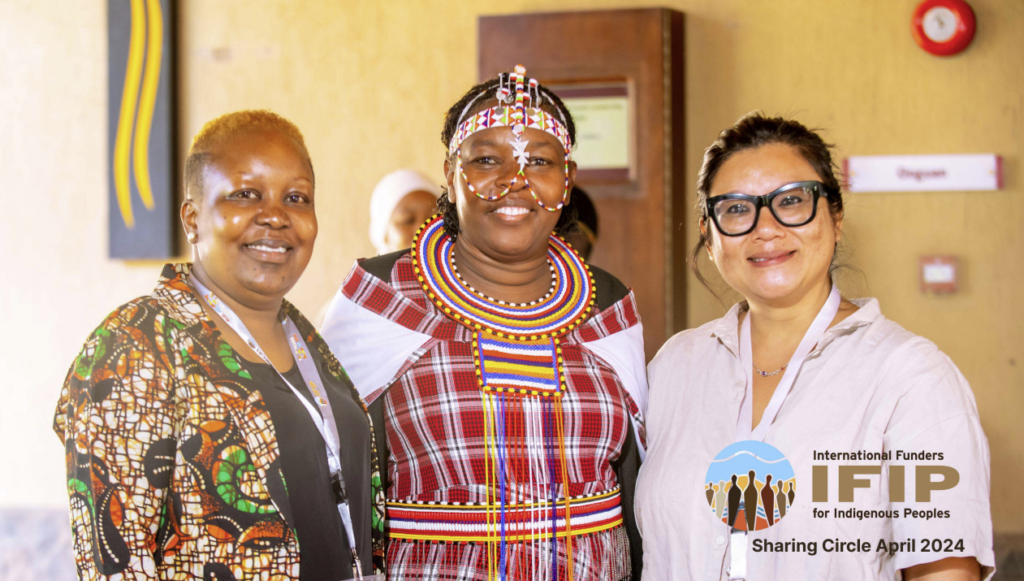Some early mornings during this tumultuous pandemic when there was no calm or accessible refuge for my family and I, we found ourselves at the ocean. Our awe of the ocean was accompanied by a deep appreciation of our obligation to share, steward, and sustain it. It is difficult to explain concepts like sharing, fear, and protecting the future to a toddler. My time communing with the ocean has sobered me into realizing that maybe it is us adults who have not fully understood these concepts, let alone embraced them as catalysts for protecting our oceans.
“It’s mine.”
Sharing is hard. And if you are a toddler, it’s even harder. After the delight of sand between her toes and the joy of running at the water’s edge, my enamored three-year-old announced that the ocean was hers. She isn’t wrong. It is hers. And mine. And yours. It is all of ours. It is our global collective heritage and we are its stewards.
“We are the custodians of the world’s richest biodiversity and marine resources,” said the Samoan Prime Minister, Tuilaepa Aiono Sailele Malielegaoi, in 2017 at the first world conference to address United Nations Sustainable Development Goal 14: Life Below Water: “conserve and sustainably use the oceans, seas, and marine resources for sustainable development,”. However, we are still not living up to the responsibility of being custodians. Instead, we act like selfish tyrants. The ocean is critical to reducing climate change effects yet we dump tonnes of hazardous waste into rivers and lakes across the planet. We must recognize that we possess the ocean only in so much embrace our responsibility to the ocean.
“I’m scared of it.”
Looking at the ocean, my daughter felt small and fearful. I myself still feel infinitesimally small surveying the ocean. Oftentimes, fear comes from our brains contextualizing how little power we have against an external force. Fear does not have to be debilitating, though; we can channel it into proactive change. Ironically, we fear our greatest protector. The Earth’s oceans have absorbed 20-40% of all anthropogenic carbon emitted since the industrial era. Zooplankton and phytoplankton capture carbon at the Earth’s surface and transport it into the deep ocean, preventing it from reentering the atmosphere. We undermine this natural protection with deleterious human activities including ocean dumping and incessant plastic use. Research has shown that microplastics in the oceans may interfere with the ocean’s capacity to absorb and sequester carbon dioxide. We can sit in awe and even fear of the oceans, but that awe and fear must change us. We must reciprocate the ocean’s protection of us with our care and stewardship of it.
“Can I touch it?”
You cannot observe the ocean and not want to touch it. An island-born woman myself, I understand her instinct to hold just a piece of its awesomeness. Conserving our oceans and engaging our marine resources sustainably means rejecting ocean development projects like deep sea mining which can completely alter little-understood aquatic ecosystems. It means preventing mining waste, tackling plastic pollution, and stopping unsustainable fisheries policies and practices. When we touch the ocean, we must be careful not to leave a mark that will compromise future generations’ enjoyment of it.

At my organization True Costs Initiative, we see protecting our oceans as a moral imperative. The devastation resulting from a lack of corporate accountability and weak and unjust legal structures does not stop at the shoreline. To protect the ocean, we must protect communities forced to bear the heaviest cost of ocean degradation and climate change impacts. We must hold corporations accountable for their ocean extractivism and invest in civil society organizations that use legal advocacy to hold them accountable. TCI directs program-specific and general support funds to our grantee partners and strategize with them by first listening to communities. This enables our partners to utilize the law and enhance their local and global leverage by supporting ocean-focused coalitions and campaigns.
Protecting the oceans means, for instance, supporting the locally-led advocacy of Jamaica Environment Trust in their years-long struggle to protect seabed marine life from the building of a transshipment and logistics hub. It means supporting the work of the Environmental Law Alliance Worldwide Marine Working Group, which partners with local advocates in Liberia, India and Guyana, to clean up industrial and sewage waste in coastal waters, address the threat of climate change induced sea level rise, and challenge off-shore oil extraction. It means standing in solidarity with the Indigenous Sámi People who continue to fight to protect their critical marine life habitat from a Norwegian copper mine. It means acknowledging the indisputable link between plastic production, ocean pollution and climate change and supporting the legal advocacy and research of Center for International Environmental Law. Finally, it means supporting groups led by Latin American and Caribbean women of color as well as Indigenous women by providing them with the resources to intervene and impact regional and international agreements such as the Convention on Biological Diversity Post-2020 Biodiversity Framework of which ocean protection is a specific target.
I never want to stop seeing the ocean through the eyes of a three-year-old. I want to feel the sand between my toes at the water’s edge. I want to love the ocean enough to share it, to fear it (just a little), and to protect it for those who will come long after me and long after her.




